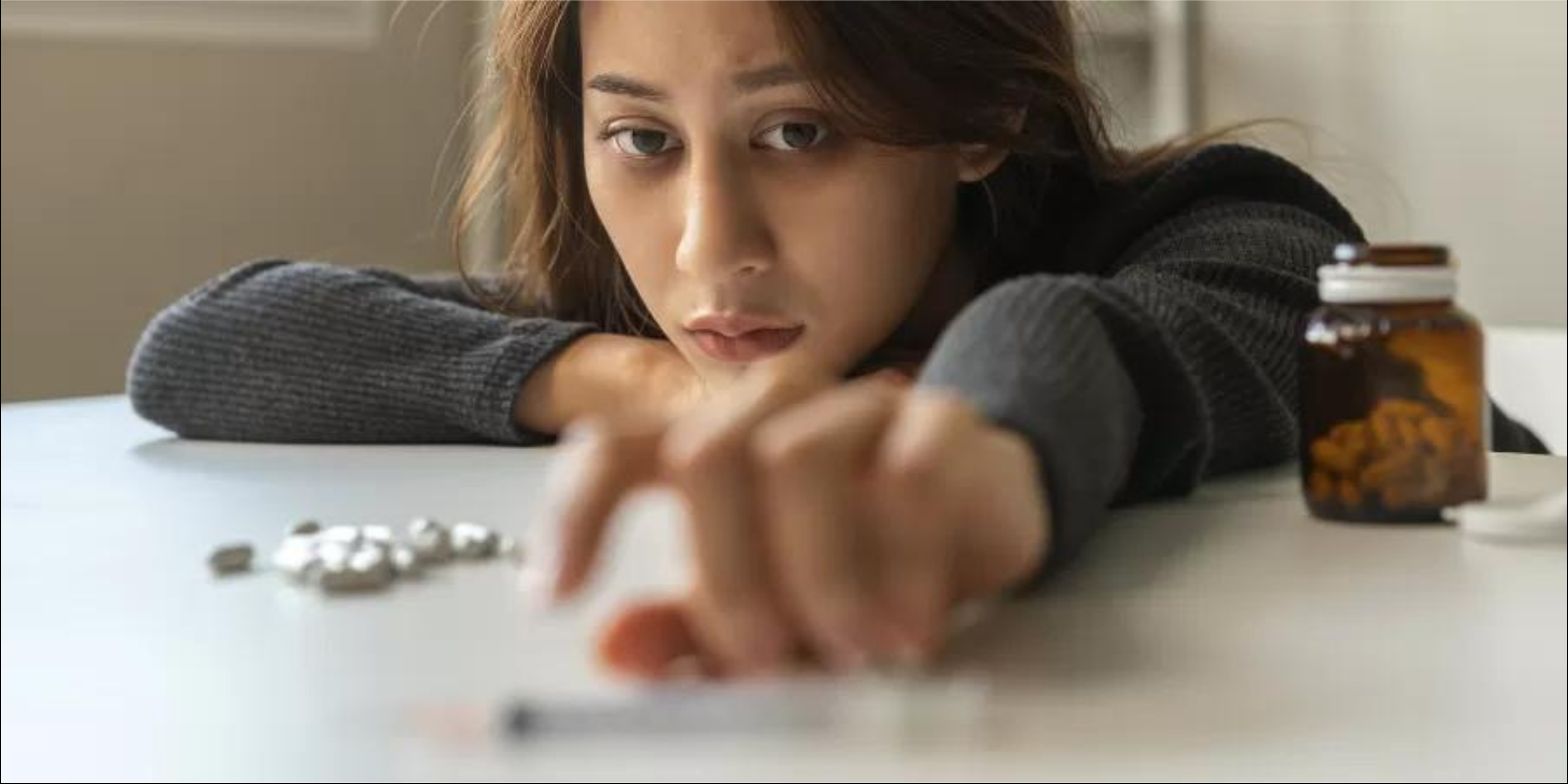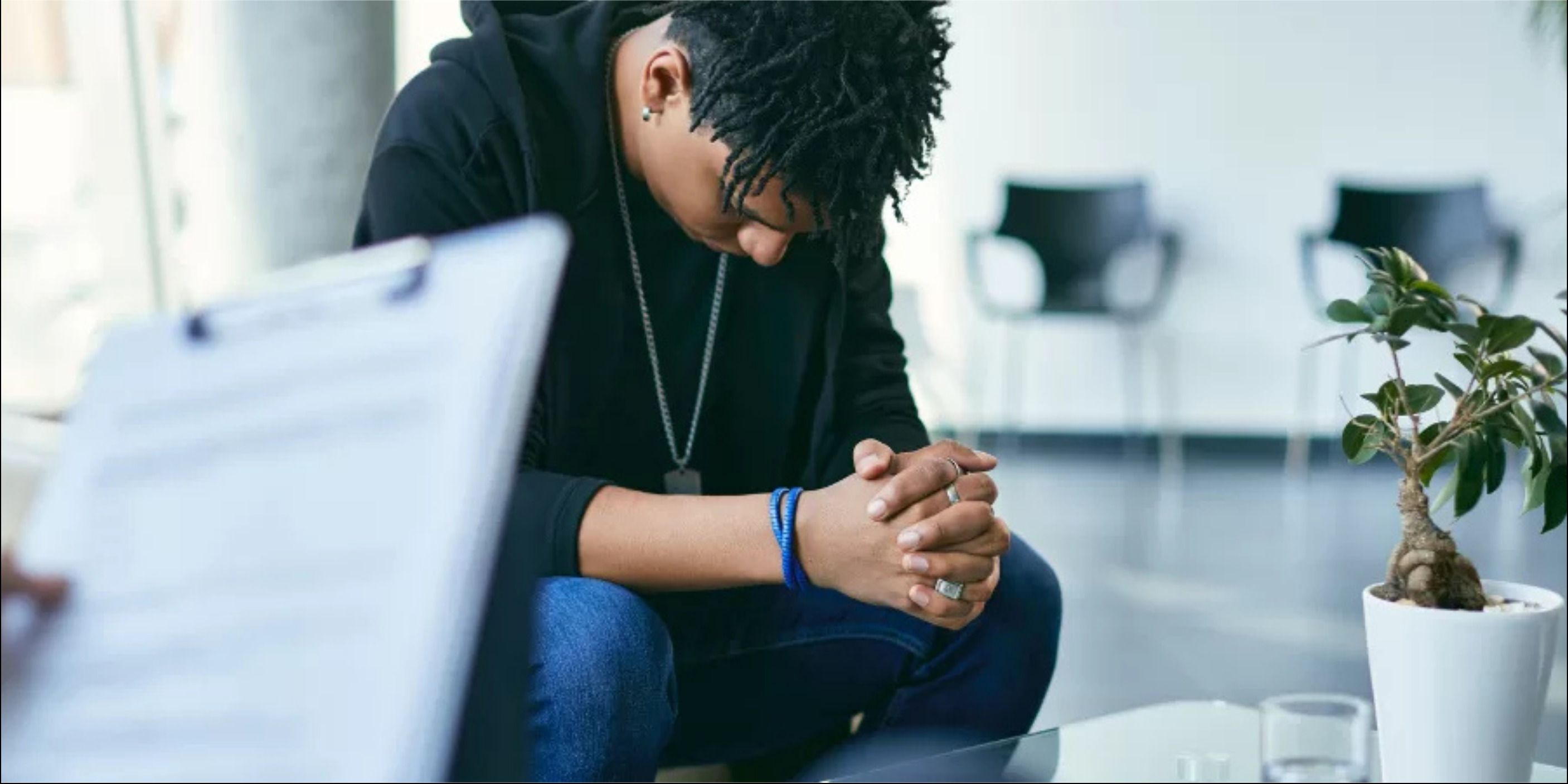
Written by:

Medically Reviewed by:
Last Updated:
February 14th, 2025
GBL Rehab
What is GBL rehab?
GBL rehab is a carefully designed programme aimed at helping you safely and effectively overcome GBL addiction. At its core, it combines medical detox, therapy and ongoing aftercare to support your journey toward long-term recovery. Each stage is created to offer you the tools and compassionate care necessary to rebuild your life free from the grip of addiction.
Through a supportive and understanding environment, GBL rehab addresses not just the physical dependency but also the psychological and emotional factors that contribute to addiction.
In what setting can GBL rehab be taken?
GBL rehab can take place in either an inpatient or outpatient setting, depending on the severity of your addiction and personal needs.
Outpatient rehab provides flexibility, allowing you to stay at home while attending therapy sessions and check-ins. This setting is often suitable for those with milder addictions who have a strong support network in place. However, outpatient rehab may not offer the level of care needed for severe addictions to GBL.
For those experiencing intense withdrawal symptoms or struggling with long-term addiction, inpatient rehab is highly recommended. This setting ensures the necessary medical intervention and a structured environment to keep you safe and focused on recovery. At Liberty House, our inpatient programme is tailored to meet your unique needs, offering the support and care that’s hard to achieve at home.
Is GBL rehab necessary for me?
Determining whether GBL rehab is necessary starts with recognising that addiction can often develop quietly. Whether your relationship with GBL began recreationally or as a means of enhancing experiences, the effects can take hold without warning, disrupting your life when you least expect it.
Addiction to substances like GBL doesn’t always announce itself loudly; sometimes, it’s only when you pause and reflect that the signs become clear.
Here are five questions to help you assess your relationship with GBL. If you answer ‘yes’ to any of them, it might be time to consider professional support:
- Do you find yourself using GBL more frequently or in larger amounts than you initially planned?
- Have you attempted to stop using GBL but found it too difficult to manage withdrawal symptoms or cravings?
- Are you spending a significant amount of time obtaining, using or recovering from the effects of GBL?
- Has your GBL use negatively impacted your responsibilities, relationships or health?
- Do you feel reliant on GBL to cope with stress, anxiety or social situations?
Honest answers to these questions are a vital first step toward understanding whether GBL rehab could help you regain control of your life.
How is a GBL rehab programme structured?
The idea of rehab can feel intimidating, especially when GBL addiction isn’t widely discussed. At Liberty House, we aim to remove the mystery surrounding the process, ensuring you feel informed and reassured at every step. Here’s an outline of what to expect during our GBL rehab programme.
Initial assessment
Your journey begins with a relaxed and comprehensive assessment. During this stage, we take the time to understand your specific relationship with GBL, your health history and your goals for recovery. This step allows us to create a tailored treatment plan that meets your unique needs, laying a solid foundation for your journey.
Detox
Detox is often the most physically challenging stage of recovery as your body begins to adjust to life without GBL. Symptoms such as restlessness, anxiety, insomnia and tremors can arise, making medical supervision essential. At Liberty House, our team provides round-the-clock care, ensuring your comfort and safety throughout this process. Medications may be used to alleviate withdrawal symptoms, allowing you to focus on your recovery with fewer obstacles.
Therapy
Therapy lies at the heart of recovery, offering the chance to explore the root causes of your addiction. You’ll learn healthier coping mechanisms and develop tools to prevent relapse through a mix of evidence-based approaches, such as Cognitive Behavioural Therapy (CBT), Dialectical Behavioural Therapy (DBT), and group counselling. Holistic options like yoga, art therapy and mindfulness sessions complement these methods, nurturing both your mind and body as you heal.
Aftercare
Recovery doesn’t end when you leave rehab. Our aftercare programme ensures you have ongoing support, with regular therapy sessions, access to support groups and check-ins to help you navigate life after treatment. This stage helps you build resilience and maintain your progress, creating a strong foundation for long-term sobriety.
Why our therapies matter
At Liberty House, we believe that effective addiction recovery requires more than just addressing physical dependency. That’s why our therapies are carefully chosen to treat both the mind and body, giving you a comprehensive approach to healing.
If you need clarification on what therapy entails or feel apprehensive, know that we’re here to guide you every step of the way. Below are some of our most effective therapies and how they support GBL addiction recovery.
Take the next step with Liberty House
Breaking free from GBL addiction can feel overwhelming, but you don’t have to face it alone. At Liberty House, we’re here to support you with a compassionate and tailored approach to recovery. If you or someone you care about is struggling with GBL addiction, reach out to us today. Together, we can help you take the first step toward a brighter, healthier future.






